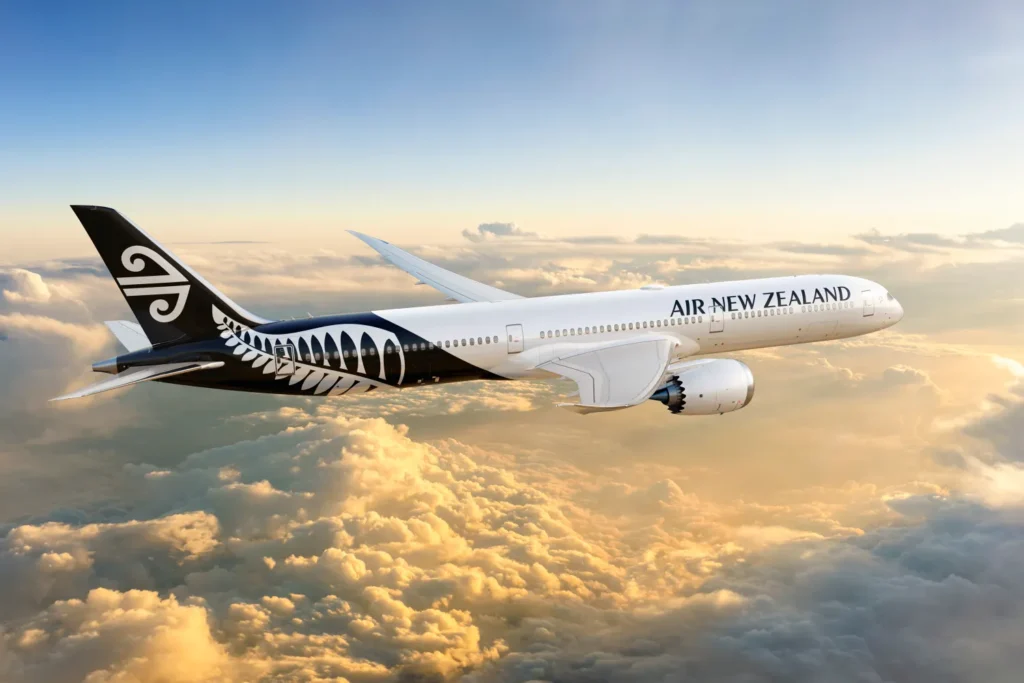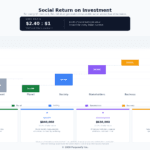Air New Zealand Drops 2030 Carbon Intensity Reduction Targets in Climate Policy Shift

- Air New Zealand drops 2030 emissions goal due to plane delivery delays and high fuel costs.
- The airline remains committed to net-zero emissions by 2050.
- Aviation industry struggles with decarbonization amid regulatory and logistical challenges.
Air New Zealand Adjusts Emission Goals
Air New Zealand has retracted its 2030 emissions reduction target, citing delays in the delivery of fuel-efficient aircraft and the high cost of green fuel. The airline remains committed to the industry-wide goal of net-zero emissions by 2050.
Challenges in Aviation Decarbonization
Aviation contributes about 2% of global emissions but faces significant hurdles in reducing its carbon footprint. “Many of the levers needed to meet the target, including the availability of new aircraft, the affordability and availability of alternative jet fuels, and global and domestic regulatory and policy support, are outside the airline’s direct control and remain challenging,” Air New Zealand stated.
Efforts and Setbacks
The airline has orders for Boeing 787 Dreamliner and Airbus A320neo planes, but CEO Greg Foran noted delivery delays might necessitate keeping older aircraft in service longer. “It is possible the airline may need to retain its existing fleet for longer than planned,” said Foran.
Industry-Wide Implications
In 2022, Air New Zealand aimed for a 28.9% reduction in carbon intensity by 2030 from 2019 levels, a target validated by the Science-based Targets initiative (SBTi). However, Foran announced the airline would withdraw from the SBTi network due to the unattainable 2030 goal.
Broader Industry Context
The aviation industry heavily relies on Sustainable Aviation Fuels (SAF) and more efficient aircraft to lower emissions. Despite this, SAF production remains costly, and new aircraft deliveries are delayed. Lufthansa recently added an environmental charge to its fares to comply with new EU emissions rules, highlighting the broader industry challenges.
Related Article: Irish Firm NEG8 Carbon To Capture 100 Million Tonnes of CO2 Annually by 2050
“While it is understandable that the intensity targets are going to be difficult to meet when there is little incentive being provided and a lack of supportive policies and regulations, (Air New Zealand’s) move away from the SBTi is quite concerning,” said Professor Sara Walton, co-director of the University of Otago Climate Change Research Network.
Despite rolling back its 2030 goal, Air New Zealand has plans to demonstrate an all-electric five-seat plane by 2026. The airline’s shift reflects the broader struggle within the aviation industry to meet ambitious climate goals amid significant logistical and economic challenges.











